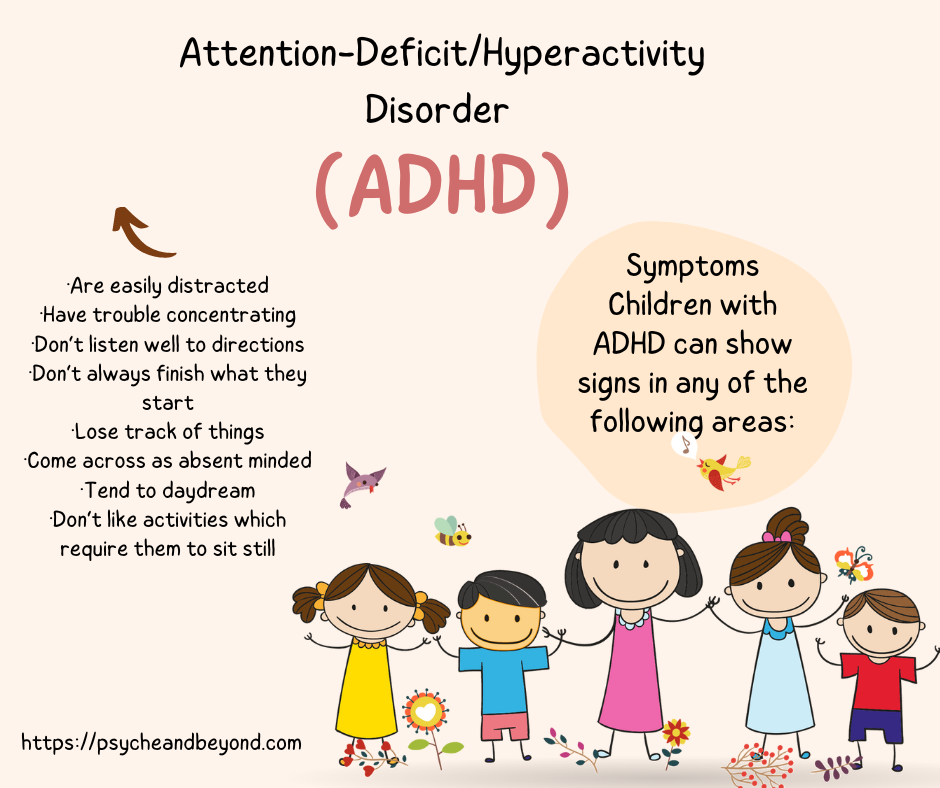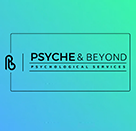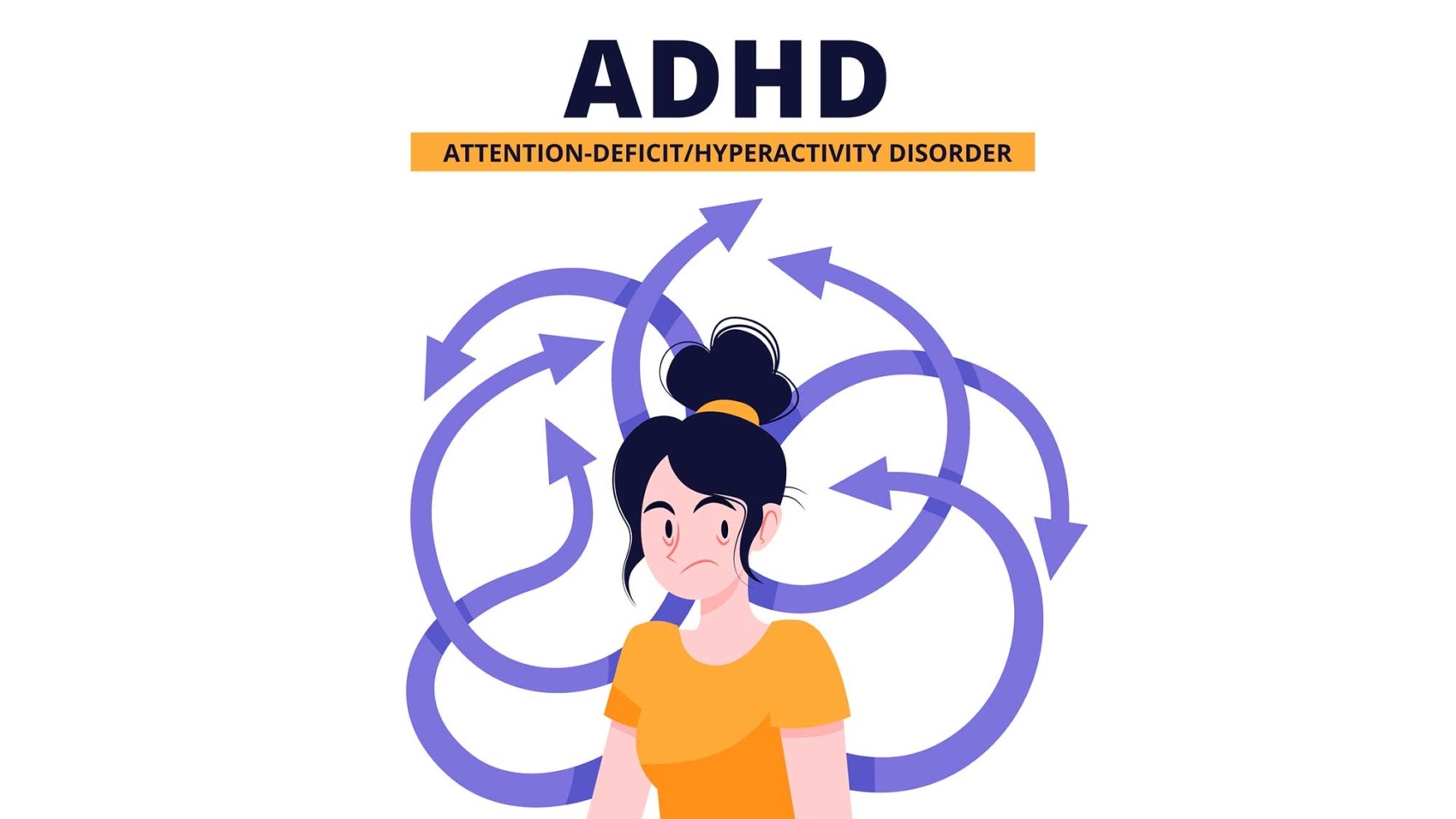
- What is ADHD?
ADHD is a brain disorder which affects one’s ability to pay attention, to sit still and to control one’s behavior. It is normally understood to be a childhood disorder but can continue well into adulthood.
Signs of ADHD can be noticed when the child is young and starts facing difficulty in paying attention. Attention and self-control are skills which develop as the child grows, so it is quite normal for little kids to be impulsive and inattentive. However, some children don’t get better at it and start facing problems at school and home. When such problems persist, it might be indicative of ADHD. Best Child Psychologist in Delhi
- Symptoms
Children with ADHD can show signs in any of the following areas:
Inattentive-
- Are easily distracted
- Have trouble concentrating
- listen well to directions
- always finish what they start
- Lose track of things
- Come across as absent minded
- Tend to daydream
- like activities which require them to sit still
Hyperactive-
- Are fidgety, restless and have trouble sitting in one place
- Easily bored
- Rush through things
- Have trouble waiting
- Always seem “on the move” (jumping, climbing, etc.)
- Talk excessively
- Act in ways that disrupt others
Combined-
Signs of both types are included.
Adults with ADHD can show the following signs:
- Impulsiveness
- Face difficulty while concentrating e.g., when reading
- Easily bored
- Get frustrated easily
- Often forget things or are late
- Low self-esteem
- Show symptoms for depression, anxiety
- Problems at work and in relationships
- Trouble controlling anger
- Substance misuse or addiction
- Trouble staying organized
- Tend to procrastinate
- Mood swings
- What causes ADHD?
It is not clear what causes ADHD, but strong evidence suggests that the disorder is inheritable. Other plausible causes include smoking, drinking or substance abuse during pregnancy which affect the baby’s brain development.
It must be noted that too much screen time or too much sugar do not lead to ADHD.
- How is ADHD diagnosed?
A diagnosis of ADHD can be confirmed only after undergoing a battery of tests to check one’s physical and mental status. These tests can be conducted by specialists like psychologists, psychiatrists and psychotherapists.
- Treatment
The most effective treatment plans usually have an integrated approach which may include the following:
- Medication
- Behavior Therapy
- Social Skills Training
- Parent Coaching
- School Support
ADHD can improve when we are better aware of what the disorder is and how to manage it. With awareness and proper treatment, people with ADHD can live happier and more fulfilling lives.
Get More Help : Adolescent Mental Health Services


